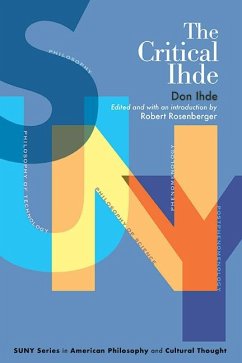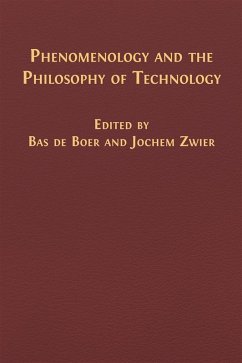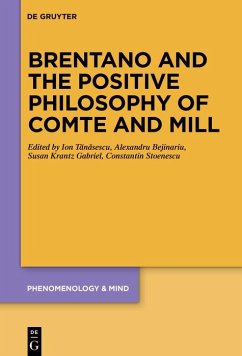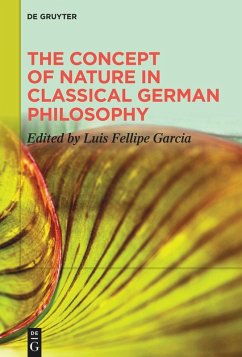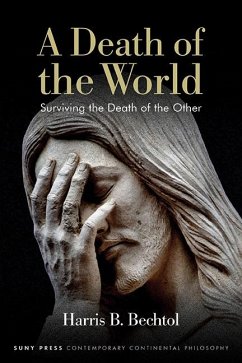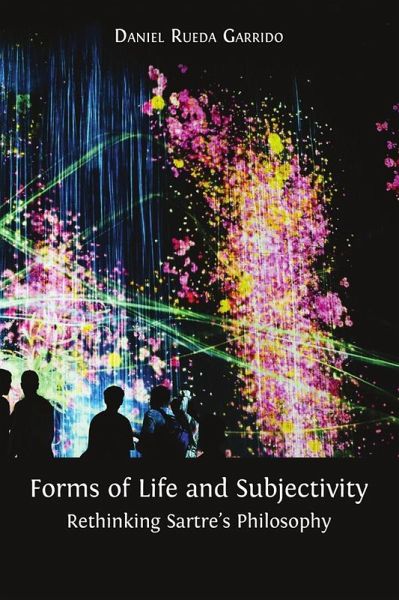
Forms of Life and Subjectivity (eBook, ePUB)
Rethinking Sartre's Philosophy

PAYBACK Punkte
0 °P sammeln!
Forms of Life and Subjectivity: Rethinking Sartre's Philosophy explores the fundamental question of why we act as we do. Informed by an ontological and phenomenological approach, and building mainly, but not exclusively, on the thought of Sartre, Daniel Rueda Garrido considers the concept of a "form of life" as a term that bridges the gap between subjective identity and communities. This first systematic ontology of "forms of life" seeks to understand why we act in certain ways, and why we cling to certain identities, such as nationalisms, social movements, cultural minorities, racism, or reli...
Forms of Life and Subjectivity: Rethinking Sartre's Philosophy explores the fundamental question of why we act as we do. Informed by an ontological and phenomenological approach, and building mainly, but not exclusively, on the thought of Sartre, Daniel Rueda Garrido considers the concept of a "form of life" as a term that bridges the gap between subjective identity and communities. This first systematic ontology of "forms of life" seeks to understand why we act in certain ways, and why we cling to certain identities, such as nationalisms, social movements, cultural minorities, racism, or religion. The answer, as Rueda Garrido argues, depends on an understanding of ourselves as "forms of life" that remains sensitive to the relationship between ontology and power, between what we want to be and what we ought to be. Structured in seven chapters, Rueda Garrido's investigation yields illuminating and timely discussions of conversion, the constitution of subjectivity as an intersubjective self, the distinction between imitation and reproduction, the relationship between freedom and facticity, and the dialectical process by which two particular ways of being and acting enter into a situation of assimilation-resistance, as exemplified by capitalist and artistic forms of life. This ambitious and original work will be of great interest to scholars and students of philosophy, social sciences, cultural studies, psychology and anthropology. Its wide-ranging reflection on the human being and society will also appeal to the general reader of philosophy.
Dieser Download kann aus rechtlichen Gründen nur mit Rechnungsadresse in A, B, BG, CY, CZ, D, DK, EW, E, FIN, F, GR, HR, H, IRL, I, LT, L, LR, M, NL, PL, P, R, S, SLO, SK ausgeliefert werden.






